One half of the American country music duo reveals how he has transformed himself into a songwriter of prolific capacity
It says something about Kristian Bush’s drive and desire to improve that, in 2012, he took a break from his hugely successful band, Sugarland, in order to broaden his songwriting horizons. The duo of Bush and Jennifer Nettles had scored a No 1 with their previous release, their fifth studio album The Incredible Machine, yet Bush still felt like he could do with taking stock and reflecting on his creative process.
The Bush that returned was a super-charged writer/producer/mentor. Among his subsequent achievements are his country musical, Troubadour, production work with artists such as Lindsay Ell, the writing and performing of the theme tune to the television show Say Yes To The Dress and his debut solo release Southern Gravity. Finally, earlier this year, came the icing on the cake. Bigger, the first new Sugarland album in almost eight years, was a timely reminder of the chemistry he shares with Nettles.
We recently caught up with Kristian to learn a little more about his break from the scene and gain some insight into life in one of country’s most popular groups…
What was it that led to your hiatus from Sugarland in 2012?
“I’d always had the experience of having a band, ever since I was 13 years old and playing a song. Songwriting was a function of wanting to be in a band and needing songs, so I had to make them. I played other people’s songs for a while, ones that I’d heard on the radio or on my favourite records, but eventually you start wondering, ‘Well how did they make records?’ and the answer is, ‘They write them.’
“I never really knew that there were two jobs, that there was a pretty well-developed job of being a songwriter. My heroes were people like U2 and Adam & The Ants and an eclectic mix of bands who all wrote their own music. When I came to Nashville I didn’t know that those two jobs were separate. Even in my rock ‘n’ roll days in the 90s [in the group Billy Pilgrim], Andrew [Hyra] and I wrote all the music. By the time Sugarland went on hiatus, I’d been exposed to the Nashville writers room world, but Jennifer and I always wrote or co-wrote the Sugarland songs and so I was strangely famous in a community in which I had no idea who anyone was, and they didn’t know me.”
How did you spend your time and how did it change your approach to songwriting?
“I came up with a plan to go visit, and write with, writers – not just in Nashville but all over the world, with the idea that maybe, for all this time, I wasn’t actually that good at writing but had just got lucky with this band. If that was true, how would I go and get better, how could I improve? So I went to Sweden, London, Los Angeles and New York and spent time with some of the most amazing songwriters, and in Nashville. I would say, ‘Let’s write a song together, teach me something?’ A lot of the time they would look at me like, ‘Oh my gosh, we’re not sure that this guy can actually do this.’ I went from writing 12-15 songs each year to suddenly writing 150 songs a year. That’s a difference of writing just one a month to writing one every other day.
“The first part of it was a learning process and then I started to realise that as long as I didn’t judge myself I could keep on writing and more things would show up the next day, and they would become easier and easier to make.”
How did you then take that new songwriting muscle and use it in your career?
“Well, it was tricky. I have a habit of saying yes to everything. When Sugarland slowed down I started to develop my studio here in Atlanta into a real working studio where I could record these songs that I wrote every other day. So not only did I get better but my engineer, my musicians, they all got better with it. So whenever I got an opportunity, or heard about an opportunity, or even overheard something in a coffee shop, I would go to the studio and I would write that song and record it and send it to whoever it was.
“That’s a unique resource because the whole business is moving towards this model of devaluing the songwriter and starting to revalue the recording. I seemed to have this ability that if you need a theme song for your television show, I can make it up and sing it in a day and send it to you tomorrow. If you need a song for your play, I can do that, and then the director heard it and said ‘Do you have more?’ and I said, ’Not yet but give me a day,’ and I would write more and suddenly it became Troubadour, the musical.”
That sounds like an exciting way to work…
“There’s a certain amount of danger that creativity lives in when you do it well – you approach things and you’re not scared and you become dangerous because you’re no longer pushed into a small hole – where you’re a country songwriter or punk songwriter or a songwriter for musicals. Because I wasn’t in Nashville or New York or anywhere else, and I had gone out and really reached out to all different types of people to teach me, I gathered all this weird information and even if I’m not the right person for something, I can call the right person and say ‘Will you do this with me?’”
Where do you think that ability to be comfortable writing in different styles comes from?
“I think it comes from the way I learned to play music. I was trained as a Japanese experiment, I was in the pilot programme for the Suzuki method when it came to Tennessee in the early 70s. At the time the Suzuki method was much more Draconian, it was a process of teaching children music by teaching it as a language when their brains are most susceptible to it aged between three and five.
“It was primarily about learning by ear and it feels like that, in collaboration with my creative writing degree from Emory University, gave me something. I’ll go and research something and listen to it and then I’ll learn to imitate it and will get really interested in what it’s like and then I figure out where the emotion is in it and then I will write that song.”

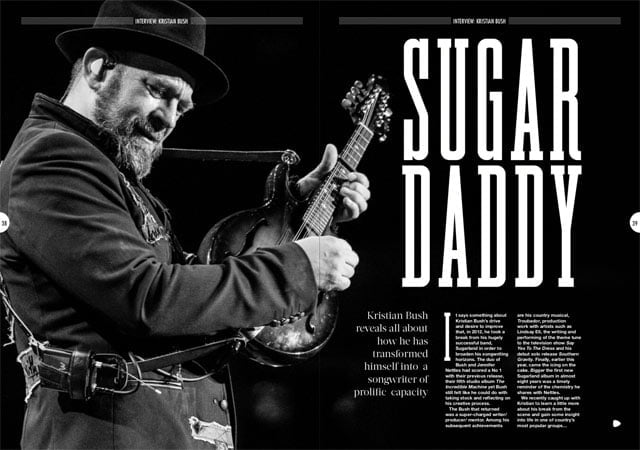

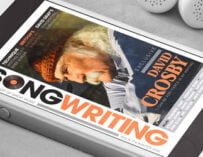
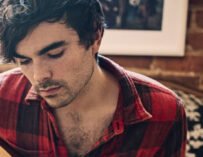



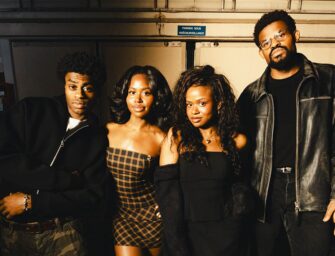


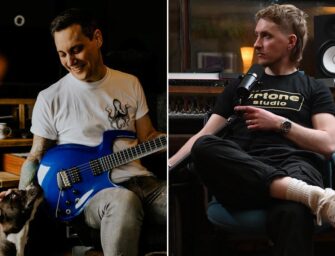
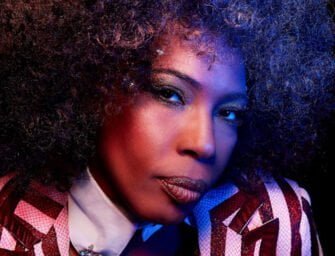




















Related Articles